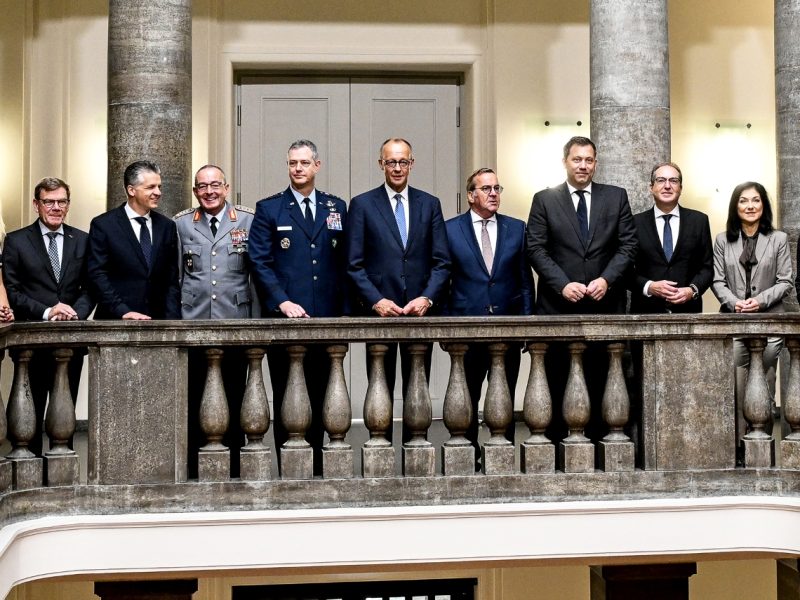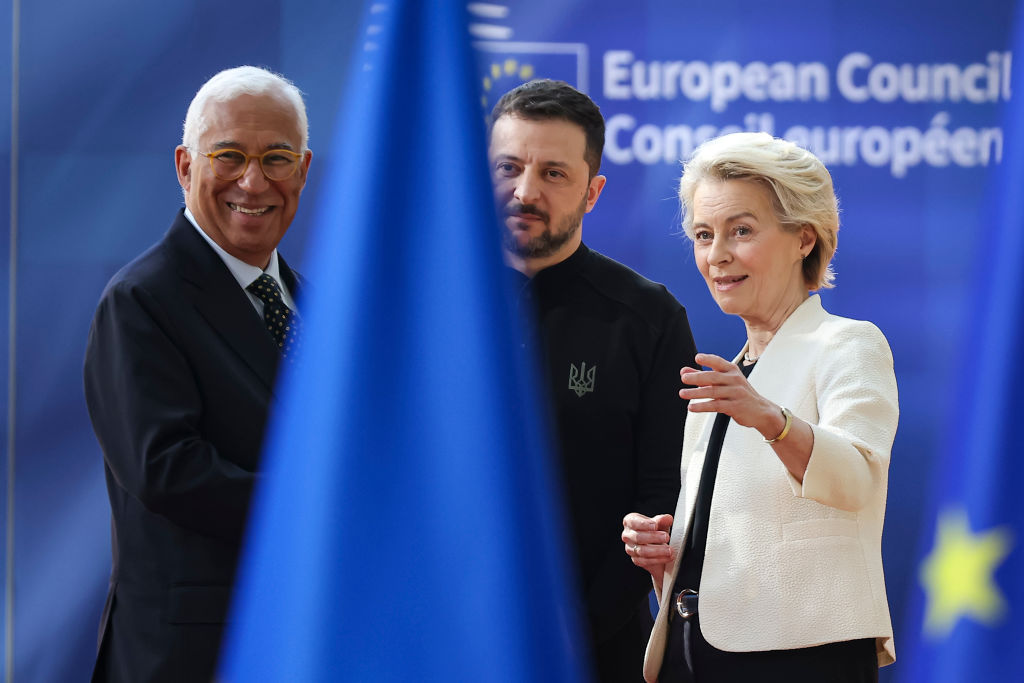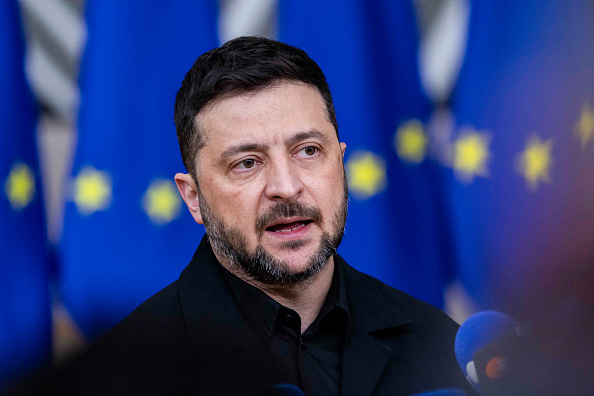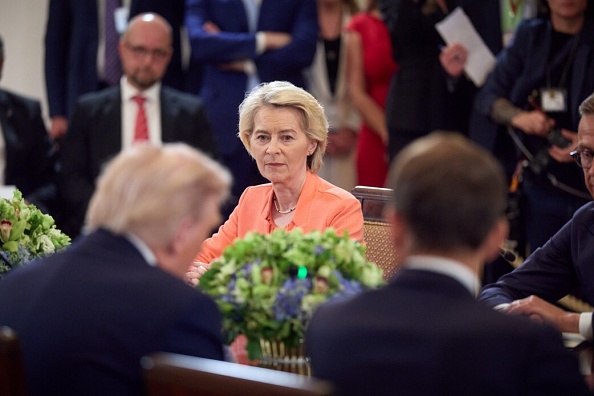Germany brings back possible conscription as recruiting falls short
Berlin's long-held mantra of being ‘surrounded by friends,’ as a former president said, has been replaced by a geopolitical Zeitenwende, and ambitions to grow the armed forces
Germany plans a revamped form of mandatory military service as part of a broader overhaul passed by the country’s cabinet on Wednesday in a bid to achieve Berlin’s goal of becoming Europe’s strongest army.
The new proposal on military service stops short of reinstating conscription, which Germany suspended indefinitely in 2011. But the new law introduces a “flexible activation” model which requires 18-year-old men to fill out a questionnaire about their potential interest in serving in the Bundeswehr, as the armed forces are known.
“The Bundeswehr must grow. The international security situation, above all Russia’s aggressive stance, demands this,” German Defence Minister Boris Pistorius told reporters on Wednesday.
To attract recruits, the German government plans to increase monthly net pay to around €2,300, with free housing and health care. Berlin plans to expand the Bundeswehr from 182,000 to 260,000 professional soldiers by 2035 and double the size of the reserves to 200,000.
Pistorius reiterated that further steps – including a possible return of conscription – could follow if Germany fails to hit military recruiting targets. But the defence minister also noted that lawmakers in parliament would need to sign off on any changes.
A possible return to conscription?
Germany suspended military service in 2011 under then-Chancellor Angela Merkel. In the years since, many of the military training locations and barracks that once housed recruits have been shuttered or repurposed.
Under the new plan, from 2026 all men turning 18 will be registered and must complete a questionnaire, with women able to take part voluntarily. From 2028, those selected will be called up in the draft, with women free to volunteer.
Taken together, these changes allow the government to reintroduce conscription, if needed. The plan also buys time for Germany to rebuild the necessary infrastructure.
Sweden’s military service model served as a blueprint for the new German plan, Pistorius said. In Sweden, all 18 year olds are screened through questionnaires and tests, with only the most suitable and interested actually drafted into military service.
“This is not just any law; it is a real step forward, a huge step forward, because it makes clear that we need to expand the Bundeswehr – the sooner the better,” Pistorius said.
But not everyone shares Pistorius’s enthusiasm for the new system.
The chairman of the Bundeswehr Association, an independent group that advocates for the interests of German soldiers, told press agency dpa that the measures are an improvement over previous policies – “but in terms of the strategic challenge of recruiting and retaining personnel, it still falls short”.
Tighter security for German troops
Cabinet ministers also approved a measure aimed at providing better security of German troops and their families, dubbed the Military Security Act. Germany’s newly deployed 4,000-strong brigade stationed in Lithuania is a particular focus for the legislation.
The law would grant expanded powers to the Military Counterintelligence Service to protect soldiers and infrastructure from sabotage, espionage, extremism, terrorism, and cyberattacks – including abroad. It also introduces faster automated security clearance procedures for personnel, replacing the current recruitment checks.
“This will enable us to protect our servicewomen and servicemen and their families even better than in the past,” said Chancellor Friedrich Merz.
Germany creates National Security Council in historic first
German Chancellor Friedrich Merz and Defence Minister Boris Pistorius announced the formation of Germany’s new…
3 minutes

CORRECTION: The headline of this article has been updated to clarify that the proposal foresees conscription under certain circumstances.
(cp, bts)









